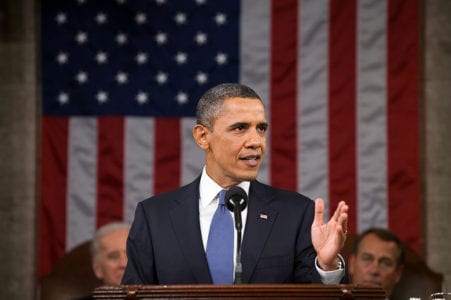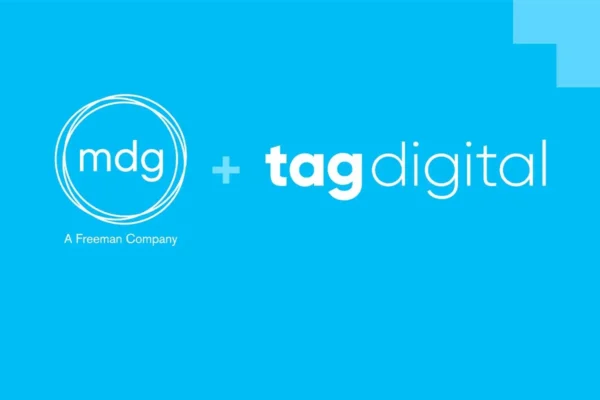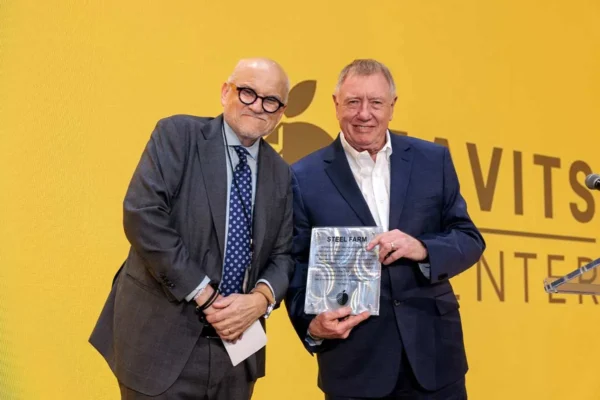 Among his last acts before leaving the Oval Office, President Obama bestowed on federal employees a significant reduction in the rules governing attendance at conferences and events. This move follows tight restrictions implemented in 2012 that officials say saved the government – and taxpayers – $30 million, but also dramatically dropped federal employee attendance at conventions across the country. Government employees could technically still attend some events, though the process and conditions required for gaining approval to do so was prohibitive. According to a memorandum released by the Office of Management and Budget, that savings represented a reduction of roughly 25 percent from expenditures before the restrictions went into effect, though critics said the measure went too far and interfered with the ability of many federal employees to do their jobs. Officials still plan to stridently oversee spending for conference activities, however the loosened restrictions shift scrutiny to federally sponsored or hosted conferences – which are defined by the policy as essentially any event where people will gather that requires travel.
Among his last acts before leaving the Oval Office, President Obama bestowed on federal employees a significant reduction in the rules governing attendance at conferences and events. This move follows tight restrictions implemented in 2012 that officials say saved the government – and taxpayers – $30 million, but also dramatically dropped federal employee attendance at conventions across the country. Government employees could technically still attend some events, though the process and conditions required for gaining approval to do so was prohibitive. According to a memorandum released by the Office of Management and Budget, that savings represented a reduction of roughly 25 percent from expenditures before the restrictions went into effect, though critics said the measure went too far and interfered with the ability of many federal employees to do their jobs. Officials still plan to stridently oversee spending for conference activities, however the loosened restrictions shift scrutiny to federally sponsored or hosted conferences – which are defined by the policy as essentially any event where people will gather that requires travel.
Though the regulations have been eased, government agencies will be held to new accountability standards, including a dedicated space on their websites where they must publish information about conference attendance when the overall cost to the agency is more than $100,000. That information, which will be available to the public, must include the date and location of the conference, the number of staffers attending, total expenditures, and an explanation of how the event advanced the mission of the agency.
The new rules include a provision that allows agency heads to preapprove attendance at recurring events, which will allow agencies to take advantage of early registration discounts and advance travel arrangements. If a conference will cost more than $500,000 for an agency to attend, an agency official must document in writing why the event is the most cost-effective way to achieve the organization’s purpose.
The memorandum says government officials must continue to root out wasteful spending, but it hints at a lesson learned by agencies while they were subjected to such tight controls on conferences. “These changes incorporate the lessons learned over the past several years and recognize the resulting actions that agencies have taken during that time,” the memorandum says, though it also acknowledges that it has impeded the ability of employees to do their jobs to some extent. “These changes also respond to challenges agencies faced as a result of OMB Memorandum M-12-12, including reduced opportunities to perform useful agency functions, present scientific findings and innovations, train, recruit, and retain employees, or share best practices,” the document says.
The rules were enacted in early 2012 after a scandal broke regarding a conference the government’s General Services Administration hosted in Las Vegas. At that event, organizers spent $823,000 on an extravagant junket for 300 agency employees, including more than $100,000 for planning meetings and scouting trips, a $75,000 team building exercise, and nearly $150,000 to cater things like $44 breakfasts and $95 dinners. Discovery of the lavish spending was uncovered during an audit and prompted more widespread scrutiny of conference spending across government agencies. One top GSA official was indicted on fraud charges after the party’s details came to light, and several more were removed from their positions.






















